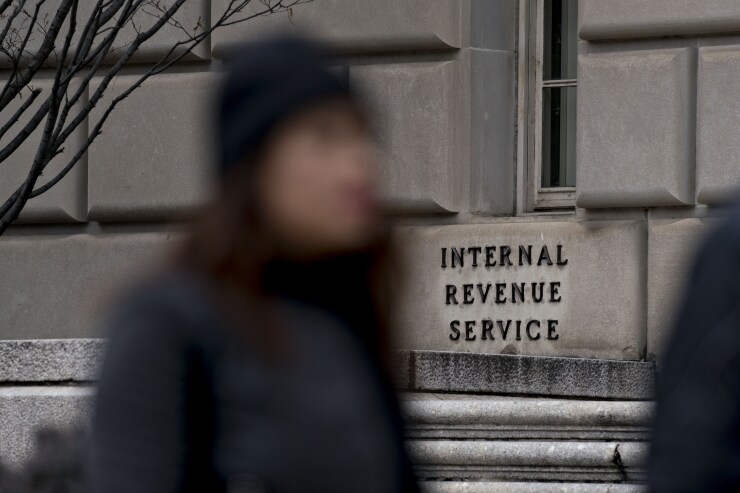The Internal Revenue Service is cautioning taxpayers to beware of a new scam involving the Form W-2, in which fraudsters are urging people to use wage information on a tax return to claim false credits so they can score a big tax refund.
One scheme that's been circulating on social media urges people to use tax software to manually fill out a W-2 and include this false income information. In this scheme, scam artists suggest people simply invent large income and withholding figures as well as the employer who is providing the money. Scam artists then tell people to e-file the fraudulent tax return to get a substantial refund — sometimes up to five figures — due to the large amount of withholding.
The IRS and its Security Summit partners in the tax industry and state tax authorities are actively watching for this scheme and others. On top of that, the IRS has been working with payroll companies and large employers, along with the Social Security Administration, to verify W-2 information.

National Consumer Protection Week starts on Monday, and the IRS and its Security Summit partners are planning a public awareness campaign to warn people not to fall for these types of scams (
"We are seeing signs this scam is increasing, and we worry that innocent taxpayers could be at risk of being tempted into falling into a trap that puts them at risk of financial and criminal penalties," said acting IRS commissioner Doug O'Donnell in a statement Friday. "The IRS and Security Summit partners remind people there is no secret way to get free money or a big refund. People should not make up income and try to submit a fraudulent tax return in hopes of getting a huge refund."
Two variations of the scam are also being seen by the IRS; both involve misusing Form W-2 wage information in hopes of generating a larger refund:
- One variation involves people using
Form 7202, Credits for Sick Leave and Family Leave for Certain Self-Employed Individuals , to claim a credit based on the income they supposedly earned as an employee and not as a self-employed individual. The credits were available for self-employed individuals for 2020 and 2021 during the pandemic, but they're not available for 2022 tax returns. - A similar variation involves people fabricating fictional employees employed in their household and using
Schedule H, Household Employment Taxes , to attempt to claim a refund based on bogus sick and family wages they never paid. The form is designed to report household employment taxes if a taxpayer hired someone to do household work and those wages were subject to Social Security, Medicare or FUTA taxes, or if the employer withheld federal income tax from those wages.
The IRS is reminding people who try this that they face a
For anybody who has participated in one of these scams, the IRS recommends several options, such as





